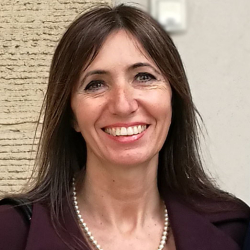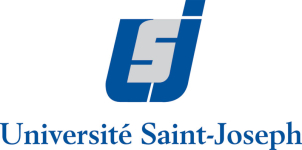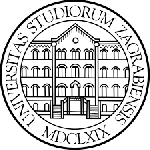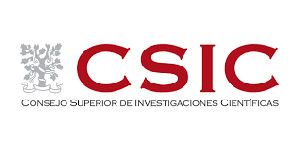ABOUT US




Flat bread which is a staple traditional product from the Mediterranean area (MA) with products from several countries (Italy, France, Greece, Malta, Croatia, Jordan, Egypt, and Lebanon) has great attention from both consumers and industries in the MA. The concept of the project FLAT BREAD MINE (FBM) is based on exploring new technologies, processing innovation and new reformulations to develop healthy flat bread for the consumers of the MA. FBM has two meanings, which can be understood as two ambitions: 1) establishing a MINE (source) of information to develop a healthier and safer Flat Bread & 2) customizing the formulation to adapt "FB MINE" to each consumer in order to obtain nutritionally enriched, gluten-free, sustainable, or practical foods.























